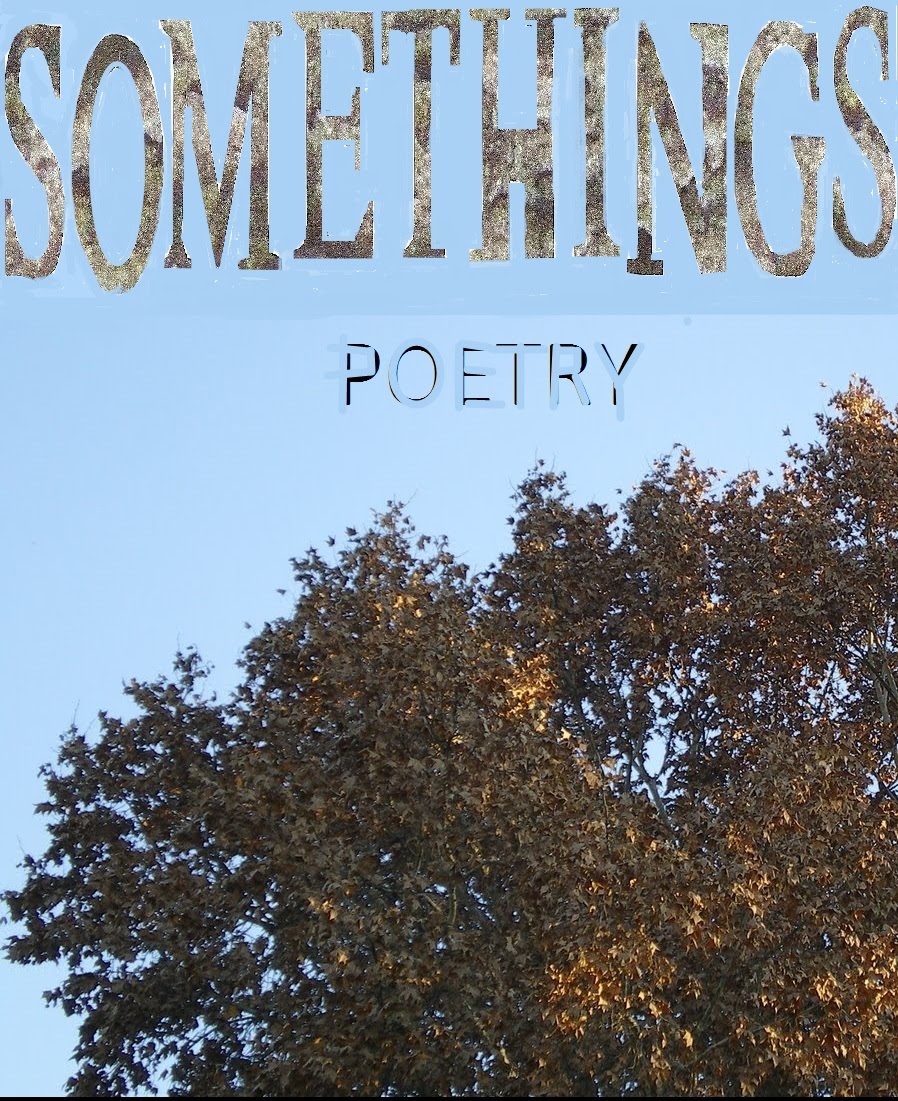How can I sum up the my experience of contemporary American poetry in
one blog post? It is only possible to suggest how much this class has impacted my growth.
The main reason why the class was so effective is because it was taught by Courtney Lewis, who is my adviser, teacher, and friend forever. She deserves a lot of respect. Sometimes I feel like she is a social scientist because of how she studies her students so deeply. I expect she has learned as much from us as we have learned from her love and impressive knowledge of contemporary poetry.
I knew I could write decent poetry before this class but I never took the time to exercise it. Now I cherish my ability to write poetry like it is my greatest gift. Everyday I splurge poetry accompanied by drawings into my sketchbook. Before contemporary poetry all I had was visual literacy without the depth of poetic literacy. At the beginning of the class Mrs. Lewis told us the class expectations, which I thought were far-fetched, but my experience is that I have exceeded the original class expectations.
This class has guided my learning in all subjects. By drawing parallels between poetry and my other classes, Art (history and studio), Science, and Math, I have been able to learn and understand the significance of my education. While testing is not my forte, my drive to understand concepts helps me enjoy school. Sadly, I could not connect this class to my French studies.
The achievement I am most proud of is this blog. The class pushed me to design a blog that is functional while aesthetically pleasing. The marriage of functionality and aesthetics drives my artwork.
Because the blogs were assigned to teams, they encouraged us to have cooperative responsibility for each other's learning. My group dominated the score sheet when it came to blogs. We have almost 900 views over only three months. Thanks Jezza, Dylan, and Boaz! We have regular views for Sri-lanka, Canada, Germany, and Russia. Many other countries have visited our blog, which feels amazing. The blog will be a lasting testimony to the most interesting class of my senior year at Wyoming Seminary.
We studied poetry from the beginning of the 20th century till contemporary rap and poetry slams. The most memorable poets we studied were Walt Whitman, Amiri Baraka, and Gwendolyn Brooks.
My favourite poem of the class was "We Real Cool," because it relates to my temptations in many ways. I think it can be understood easily while it has great depth. My favourite performer is Saul Williams because his voice casts a indescribable spell over me.







